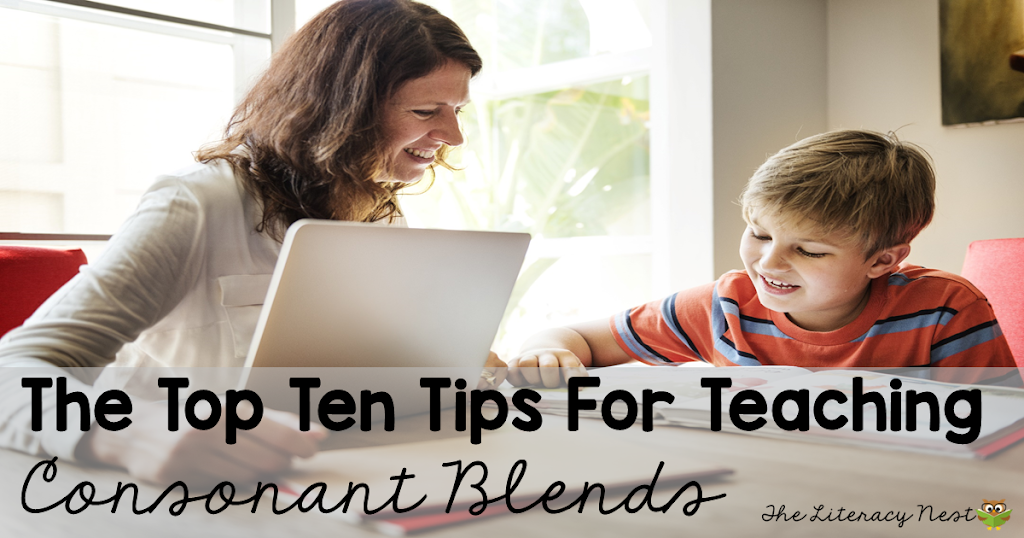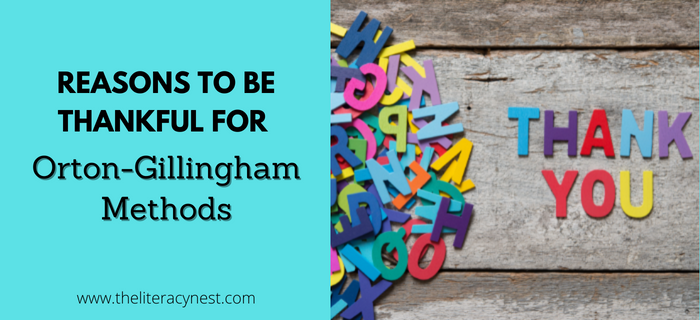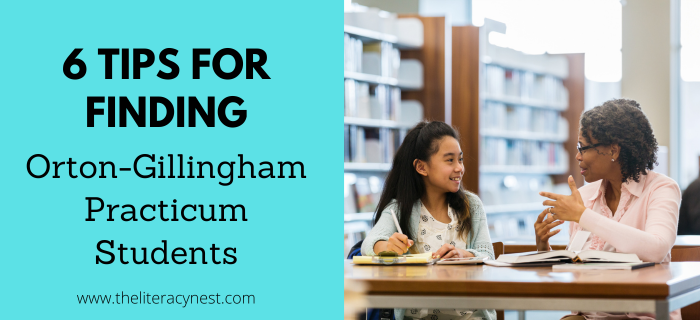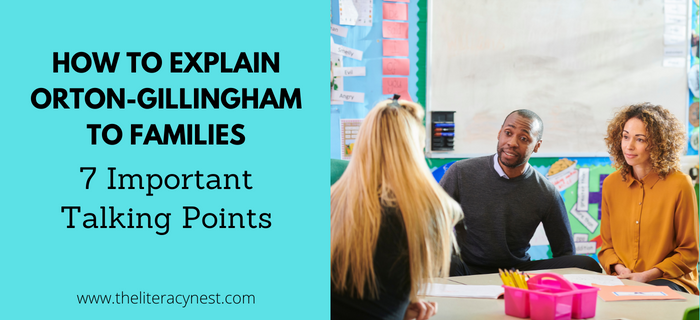Why OG Lessons Don’t Introduce a New Concept Every Time
When you’re new to Orton-Gillingham (OG) or structured literacy instruction, you might feel like you have to teach something new in every single lesson. A new phonogram. A new rule. A brand-new syllable type. However, in OG lessons, review trumps new concepts. With OG lessons, review is essential. Teaching new concepts every time isn’t necessary. This approach is all about building strong, lasting connections for learners who need it most. Here is why OG lessons focus on reviewing instead of racing ahead.
1. It’s Mastery-Based, Not Exposure-Based
In OG lessons, we don’t just “cover” content and move on. Instead, the goal is deep learning and real application. Students need to master a skill before they’re expected to use it fluently in reading and writing. Honestly, that takes time.
That’s why many OG teachers rely on repeated practice and cumulative review. Additionally, this is why introducing something new every day isn’t the end goal. If you need help reinforcing concepts students have already been introduced to, check out these Orton-Gillingham Decodable Readers. They pair perfectly with review-based instruction and are great for building fluency and confidence.
2. OG Lessons are Cumulative and Spiral
As OG teachers, we know that OG lessons are powerful. Likewise, they are also cumulative and spiral. Each OG lesson builds on prior knowledge. Then, concepts are revisited again in different contexts. By revisting concepts, students deepend their understanding over time.
Luckily, there are ways to make your review more intentional. This blog post on Meaningful Review in the Orton-Gillingham Lesson can give you practical tips to make the most out of every review opportunity.
3. Our Students Need More Repetition
Students with dyslexia and language-based learning differences often need more repetition to achieve automaticity. That doesn’t mean they’re not smart. It means their brains need more time and practice to build strong neural pathways.
Thankfully, with decodable texts, repetition, and consistency, students will begin to master concepts. Honestly, this is when review turns into targeted meaningful practice. A great visual tool for review is this handheld spiral whiteboard from Amazon. It’s perfect for quick drills, word building, and multi-sensory review.
4. OG Lessons are Diagnostic and Prescriptive
OG lessons are designed to be responsive. So, teaching is based on what the student knows and needs next. This means your OG lesson might change based on your student’s performance that day. Totally a good thing!
So when a student doesn’t remember a concept, take it as a sign to pause and reteach. That’s not falling behind. That’s being diagnostic and prescriptive—exactly what OG is made for.
Want to hear more ways you can adjust your instruction in real-time? Check out this Together in Literacy podcast episode about making intentional instructional decisions.
5. Fluency and Automaticity Take Time
If a student has learned a rule but can’t use it quickly and confidently, they haven’t mastered it yet. As OG teachers, we are looking for fluency and automaticity with confidence.
If Orton-Gillingham presented new concepts constantly, students might move too fast. Consequently, this can hinder fluency and automaticity. Instead focus on revisiting, reinforcing, and helping students use what they already know. For a helpful visual breakdown of how this works in a real lesson, watch this quick YouTube video.
6. Cognitive Load Matters
Students with working memory and processing challenges benefit from knowing what to expect. Keeping lessons familiar and helps students focus more on what they’re learning and less on how the lesson works.
If your lesson feels “simple,” that might be exactly what your student needs. Simple doesn’t mean easy—it means focused.
7. Review Lessons Are Still Real Teaching
Let’s say it louder for the teachers in the back: Review is teaching.
Review lessons allow you to correct misconceptions, reinforce skills, and build confidence. You can also use review time to introduce additional practice tools, like decodable readers, multi-sensory spelling work, or fluency drills.
Ready to take your teaching even deeper? Consider joining the Building Readers for Life Academy, where you can access ongoing OG support and professional development for just $1 your first month. Here’s the registration checkout page if you’re ready to get started.
Want More Support?
Looking for more tools, freebies, and tips for OG instruction?
- Grab 15% off when you join the Literacy Nest email list.
- Stock up on Orton-Gillingham aligned decodable readers that support your spiral review.
- Learn how to make review more intentional in this blog post.
Remember, mastery is the goal. However, mastery takes time and a whole lot of review.








